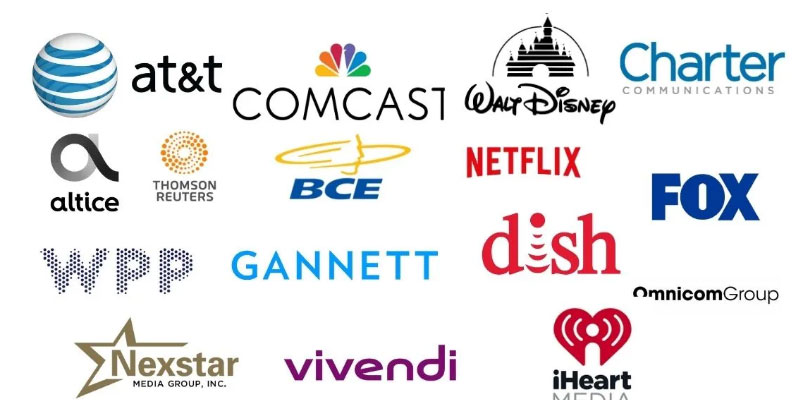
The rising price of child care and other forms of dependent care is a major financial strain for many families in the United States. Due to the high cost, carers may be discouraged from working instead of staying home to save money.
Tax deductions and credits might help you offset some of these expenses. One option for doing so is the dependent care flexible spending account (DCFSA). Discover in the following how it functions and if you meet the requirements for one.
The Dependent Care FSA: What Is It?

Employers may set up DCFSAs for their workers to use as a tax-free savings vehicle for qualified child and dependent care costs. So that they may work, seek a job, or go to school full-time; its purpose is to assist pay for professional care.
they may deliver considerable cost reductions for employees and companies." Rotate established the family care financial management software firm Pasito and serves as its chief executive officer.
A percentage of an employee's pay can be contributed to the account before taxes are taken out during the company's open enrollment period or another eligible event. Since DCFSA payments are made from pre-tax payroll resources, employers save on payroll taxes and avoid Social Security and Medicare levies.
What a Dependent Care FSA Is and How It Functions

Care for the dependent The employer is the one that sets up the FSA for you. It's up to you to determine how much each paycheck will go into the account. It shall be withdrawn from your salary before filing taxes. Your DCFSA might grow thanks to employer contributions.
If you have a DCFSA, you can use its funds to pay the costs you've already incurred before receiving reimbursement. Your employer will need you to fill out a claim form and submit it with supporting paperwork (such as a receipt or other evidence of payment) to be reimbursed for an eligible cost.
Eligibility
A dependent care FSA is not available to all employees. The age of the defendant, the nature of your connection with them, and the costs they incur are just a few of the variables that might affect your eligibility. If you're wondering if you can contribute to a dependent care FSA, the first step is to see if your dependant meets the IRS's criteria for a qualifying individual.
Acquired Costs
A dependent care FSA can only be used for certain qualified costs. The cash in the account must be utilized for caregiving expenses that make it possible for you to work, seek a job, or attend education. Some examples of services that meet the requirements are:
- Before- and after-school care
- Babysitters, nannies, and au pairs
- Adult daycare centers
Contribution Limits
The IRS does restrict the amount of money you may donate to a DCFSA each year. The yearly contribution cap was $5,000 for married couples and solo taxpayers filing jointly until epidemic hit, Rotate added. "However, the government granted employers the opportunity to boost that amount…this past year owing to the attention on care-related requirements and expenditures during the pandemic," she added. Thanks to ARP Act, joint and single filers may contribute up to $10,500 to dependent care FSA in 2021, while married couples filing can contribute $5,250.
Your Money Doesn't Roll Over
Unlike a health savings account, excess money in a DCFSA normally doesn't carry over to the next year. Your company may grant a grace period of two-and-a-half months into the new year to use up your funds before they expire. The exception is for plan years ending in 2021 and 2022 since COVID-19 relief provisions allow companies to authorize account holders to roll over their unused money into the next year.
Putting Your Aging Parents Through a Dependent Care FSA
Many DCFSA owners use their savings for child care, but the account can also be used to assist pay for senior care. There are several prerequisites you must fulfill. To begin, you and your parent must have shared a residence for at least six months out of the year. If they qualify as a dependent, you can list them as such. Your mom or dad must be completely helpless to qualify. Finally, you must show that the costs you spent were necessary for you to work, search for a job, or enroll in full-time study.
Steps To Creating a Dependent Care FSA Account
Timeliness is also a consideration in whether or not an employee is eligible to contribute to a Dependent Care FSA, as stated by Rotate. Employees can enroll in or change their DCFSA plans anytime during the year. Still, outside of open enrollment and qualifying events, they can only do so during the company's designated enrollment period.


